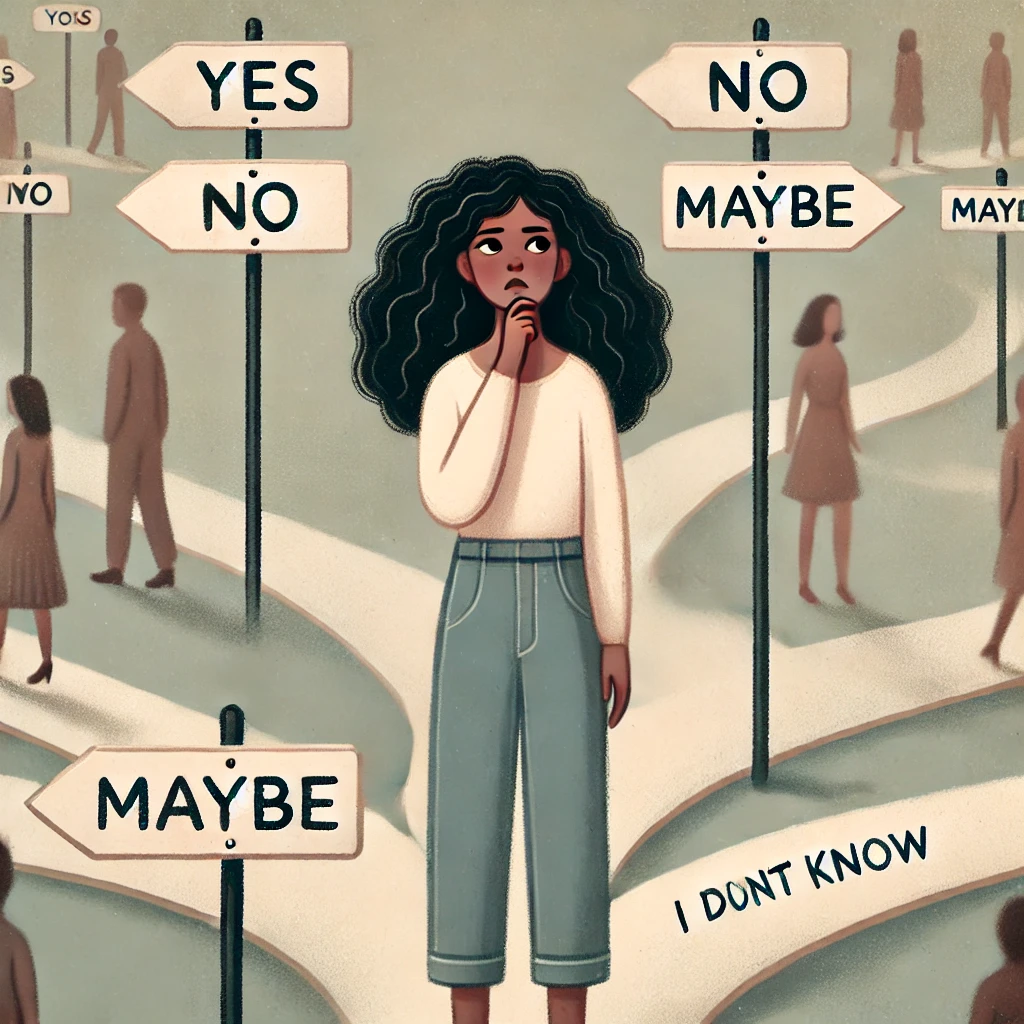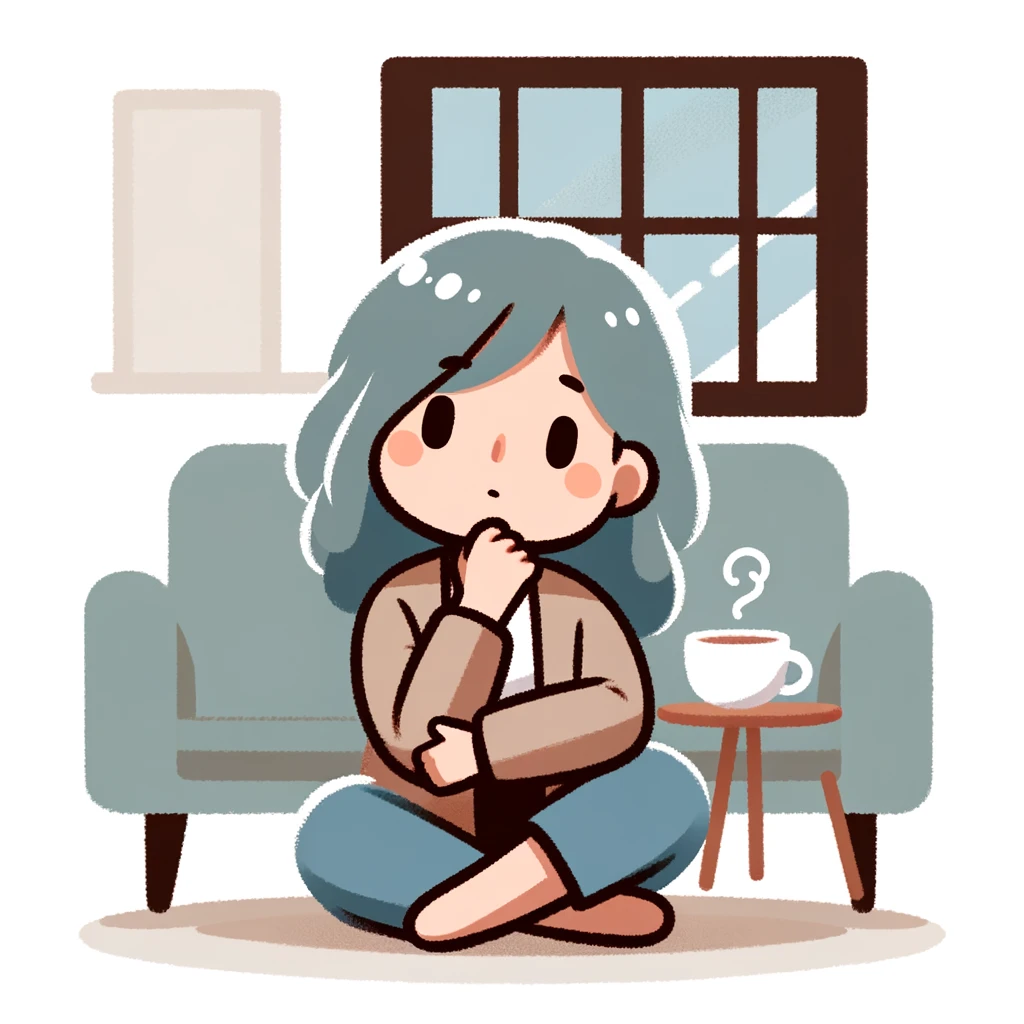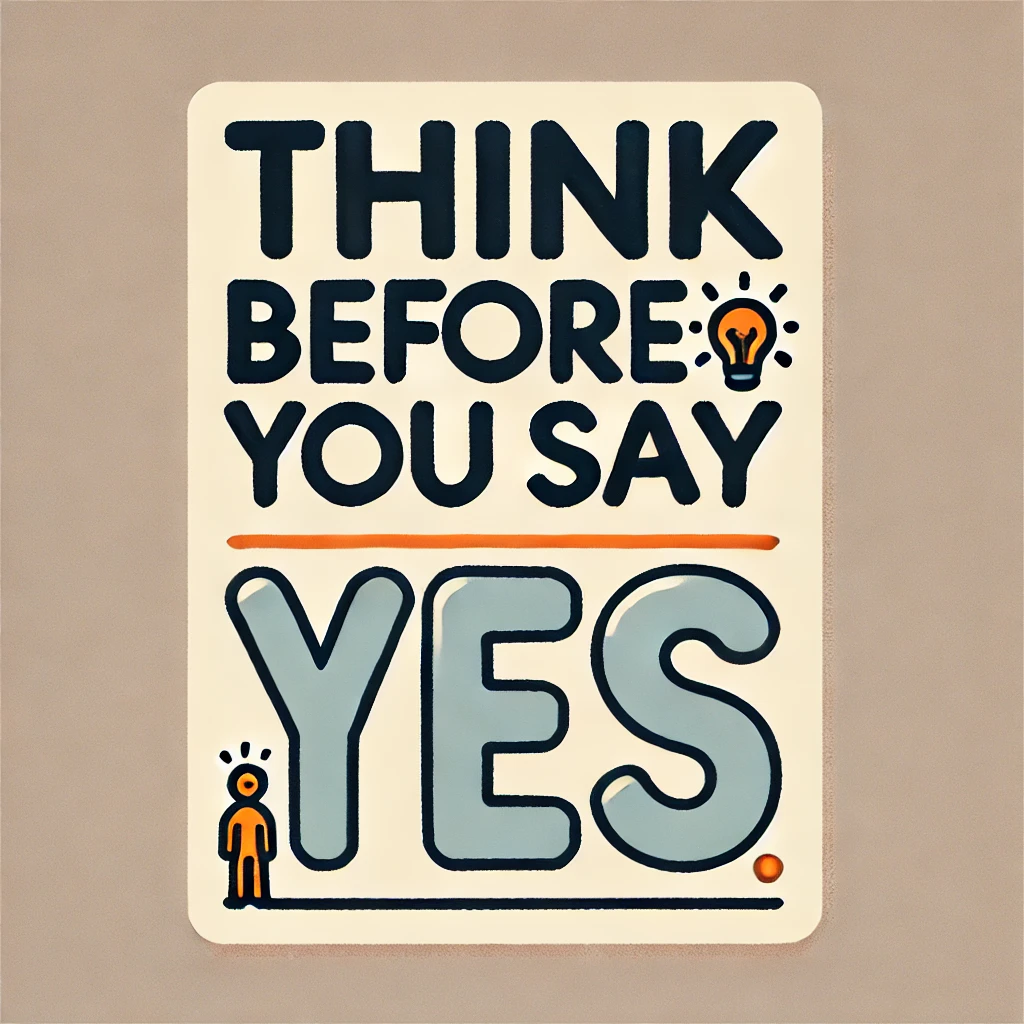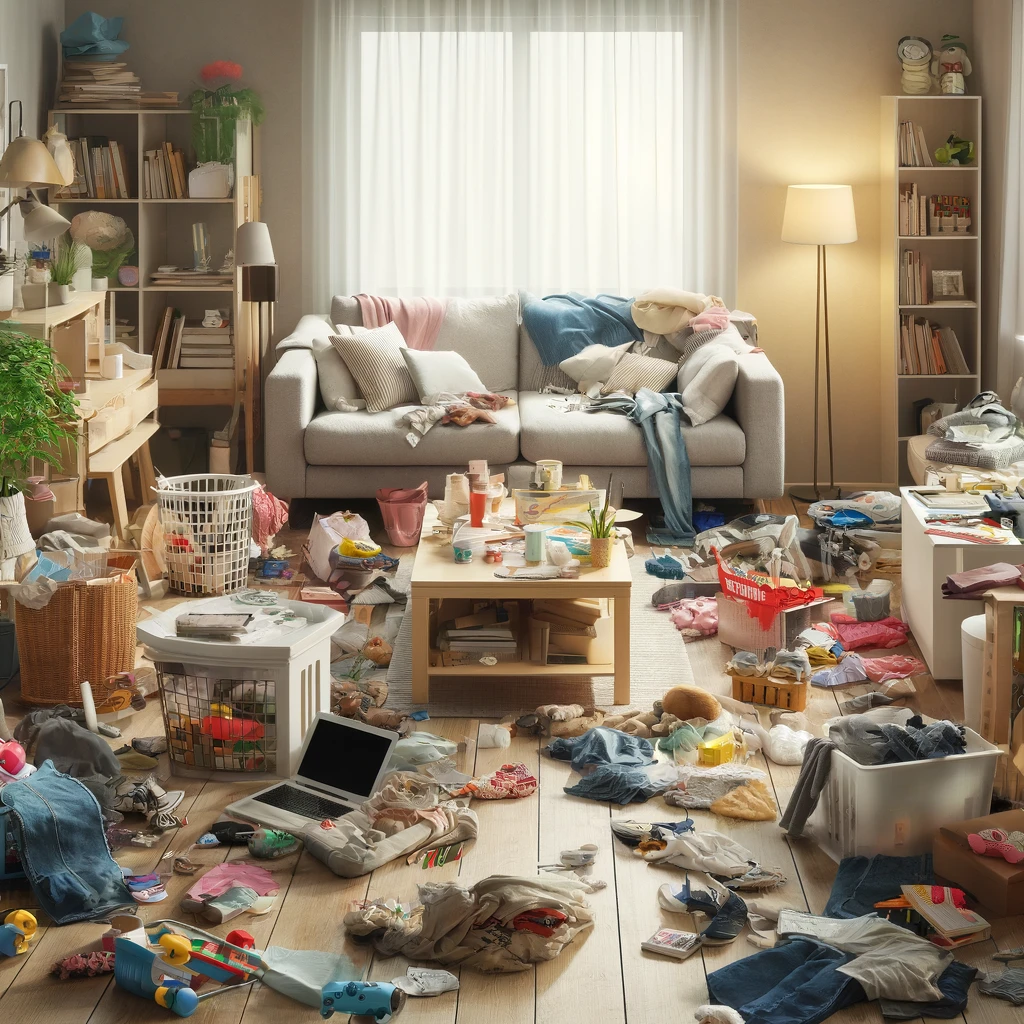ADHD Women and Relationship Abuse: Understanding Why You Are At Risk
If you are a woman with ADHD, you might feel misunderstood or pressured to hide who you really are. Unfortunately, this can make you more vulnerable to relationship abuse. Many women with ADHD face unique challenges that can put them at higher risk for abuse, including masking their true selves, low self-esteem, and difficulty setting boundaries. Understanding these risks is the first step in protecting yourself. This page will help you recognize the signs of abuse, understand why ADHD women may be more vulnerable, and offer practical advice for safeguarding your well-being.

Why Are ADHD Women More Vulnerable to Abuse?
ADHD women often face a higher risk of abuse in relationships for several reasons. Understanding these reasons can help you identify and protect yourself from potential dangers.
Masking to Fit In
Many women with ADHD feel the need to "mask" or hide their true selves to fit into social norms. This behavior can start in childhood and continue into adulthood, leading to emotional exhaustion. If you’re constantly pretending to be more organized, calm, or socially adept than you feel, it can make you more vulnerable to people who take advantage of you.
Low Self-Esteem and Self-Worth
If you’re always masking your ADHD symptoms, it might affect how you see yourself. You might start to believe that your true self isn’t good enough, which can make you more susceptible to abuse. If you feel unworthy of love or respect, you might tolerate mistreatment from others. Remember, you deserve to be treated well just as you are.
Struggles with Boundaries
Setting and maintaining boundaries can be challenging if you fear losing someone’s approval or making them angry. If you find yourself constantly saying "yes" when you want to say "no," or letting others overstep your boundaries to keep the peace, this could put you at risk of abuse.

Seeking Approval and Acceptance
It’s common to want to be accepted and liked by others, but if you’re always putting your partner’s needs above your own to gain approval, it can make you more vulnerable to manipulation. Healthy relationships are based on mutual respect, not sacrificing your happiness to make someone else happy.
Difficulty Recognizing Abuse
Sometimes, recognizing abuse isn’t easy, especially if you’ve been conditioned to think certain behaviors are normal. You can easily be convinced you aren't experiencing what you think you are because people have done that to you all your life. You might even blame yourself for the mistreatment. Learning what a healthy relationship looks like can help you spot the red flags and protect yourself from getting trapped in a cycle of abuse.
What Can You Do If You’re an ADHD Woman?
If you recognize any of these patterns in your life, there are steps you can take to protect yourself and build healthier relationships:
- Acknowledge Masking: Start by noticing when you’re hiding your true self. Being aware of this habit is the first step towards changing it.
2. Work on Your Self-Esteem: Remember that you are valuable just as you are. Consider talking to a therapist or joining a support group where you can connect with others who understand your experiences.
3. Learn About Healthy Boundaries: Practice setting small boundaries in safe situations and gradually work up to larger ones. It’s okay to prioritize your needs.
4. Educate Yourself About Abuse: Learn the signs of abuse—whether emotional, psychological, or physical. Knowledge can help you recognize when something is wrong and take steps to protect yourself.
5. Seek Support: Don’t hesitate to reach out for help. Whether from a trusted friend, a support group, or a therapist, having people you can rely on makes a significant difference.
How Can You Help an ADHD Woman at Risk of Abuse?
If you know an ADHD woman who might be at risk, here are some ways you can support her:
- Encourage Authenticity: Support her in being her true self and reassure her that she doesn’t need to change to be loved.
- Discuss Boundaries: Help her understand the importance of boundaries and support her in practicing setting and maintaining them.
- Be Patient and Understanding: Understand that learning to set boundaries and unmask takes time. Offer consistent, non-judgmental support.
- Suggest Professional Help: Encourage her to seek professional support, such as therapy, especially with someone who understands ADHD and abuse.
- Create a Safe Space: Let her know she can talk to you about anything without fear of judgment.
Conclusion
Women with ADHD are often at a higher risk of experiencing relationship abuse due to challenges like masking, low self-esteem, and difficulty setting boundaries. However, by recognizing these patterns and taking proactive steps, you can protect yourself and build healthier, safer relationships. If you know someone who might be at risk, your support and understanding can make all the difference. Remember, you’re not alone, and help is available.






